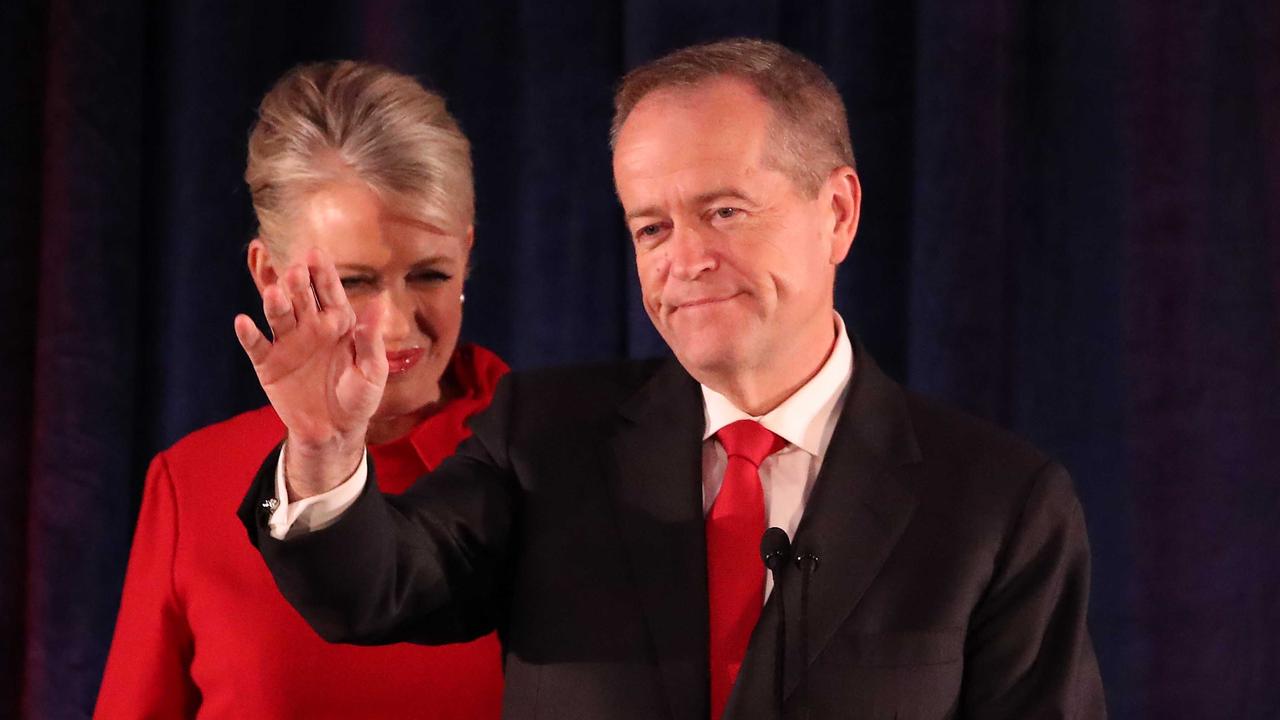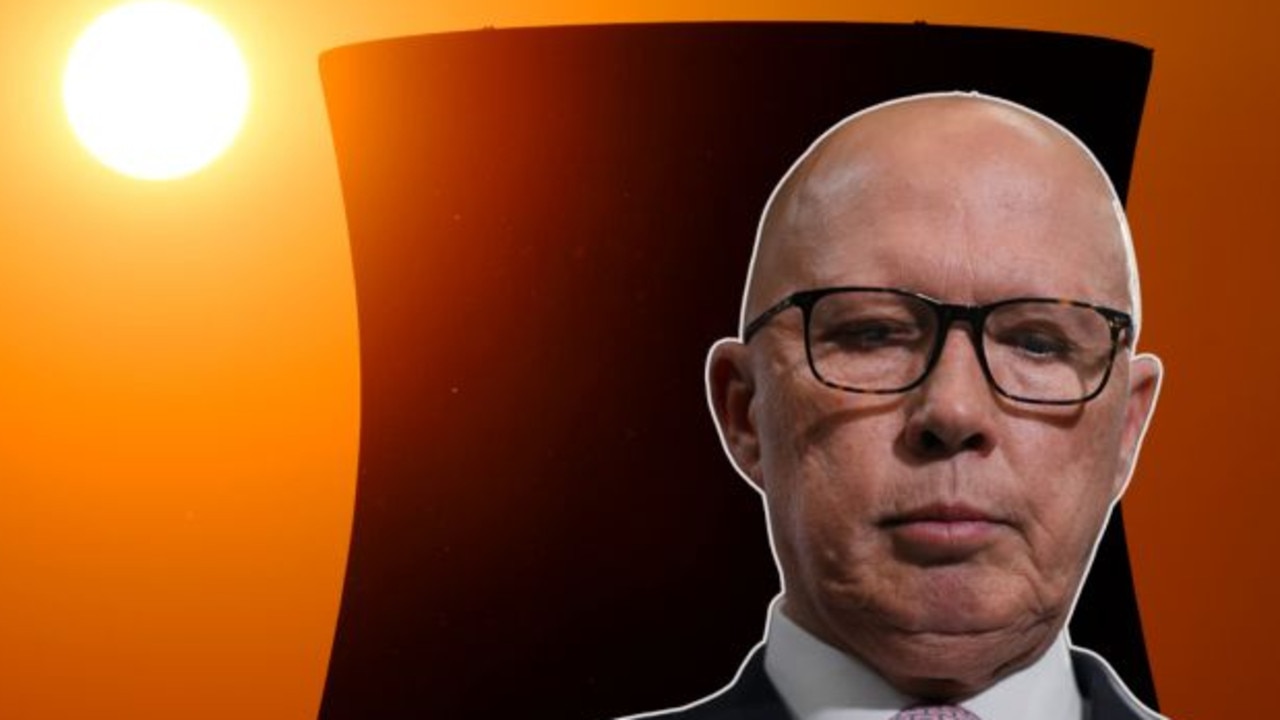David Speers: Labor needs to rethink their climate policies
This time a week ago Bill Shorten woke up on election day, confident he was about to become Australia’s 31st Prime Minister. Instead he’s gone, his policy agenda disowned and his old rival Anthony Albanese is walking into the leadership uncontested.
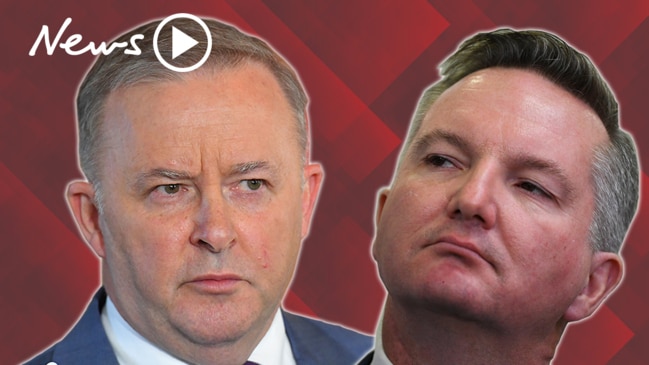
Never has the old cliche been so true: a week is a long time in politics. This time a week ago Bill Shorten woke up on election day, confident he was about to become Australia’s 31st Prime Minister.
Instead Shorten is gone, his policy agenda is being disowned and to rub salt into the wound, his old rival Anthony Albanese is walking into the leadership uncontested and his even older rival Richard Marles is the frontrunner to become deputy.
Tanya Plibersek may have been a competitive candidate with the rank and file, but not within the caucus. She saw how quickly her Left faction colleagues were locking in behind Albanese and ruled herself out.
The Right faction couldn’t even muster a competitive candidate despite the best efforts of some, including Shorten, to stop Albanese.
Chris Bowen’s candidacy lasted little more than 24 hours and ended on a somewhat bitter note. As he withdrew from the contest, Bowen said he would have won a majority of the caucus. Bowen didn’t even have the unified support of his own NSW Right faction. This was an unnecessary jab at the incoming leader.
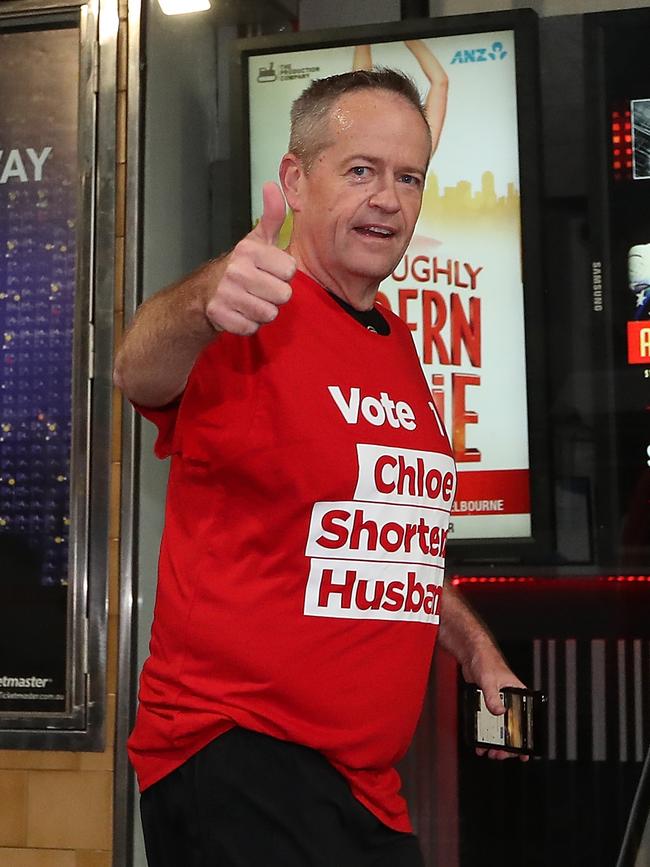
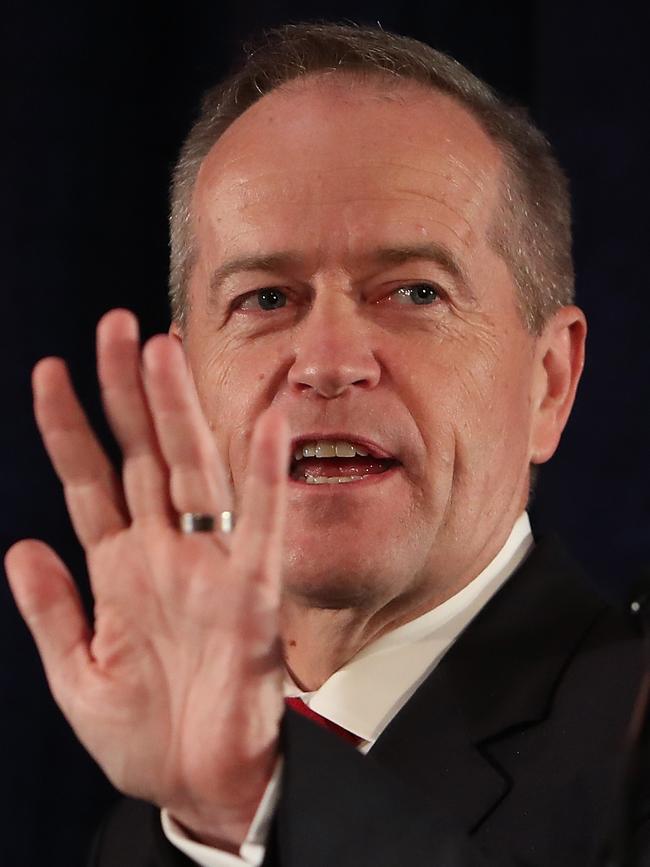
READ MORE:
HOW LABOR LOST THE UNLOSEABLE ELECTION
WHAT’S NEXT FOR AUSTRALIA’S DEPARTED MPS
For Albanese, winning the leadership without a messy month-long ballot process is a relief. Now comes the hard part: fixing Labor’s policies.
There’s no doubt Albanese carries baggage as an inner-city Left faction warrior now trying to win back regional Queensland, regional Tasmania and western Sydney where the hardest swings against Labor occurred.
He’s led the Left faction charge at countless ALP conferences, including a passionate vote against boat turn-backs four years ago.
On this, he’s since admitted he was wrong.
He can also legitimately point to a more pro-market, pro-growth view of the world than his predecessor, having delivered a not-so-subtle speech last year slapping down Shorten for targeting the “top end of town”.
Albanese has fought not only Tories but Greens over the years, pushing back hard at the local BDS boycott movement against Israel.
While some in business are wary, others welcome Albanese as a more pragmatic Labor leader.
Albanese has already signalled an overhaul of the tax plan Labor took to the election. At the very least he wants to take the hard edges off the most unpopular measures. There will be no resistance within the caucus as he seeks to seriously water down or junk the franking credits policy altogether.
The most difficult issue, as ever, will be climate change.
As John Howard once noted, Labor has long been stuck between its blue collar and green thumb.
This was on show in the 2004 election when Mark Latham was ambushed by Tasmanian timber workers angry about his pro-Green forestry policy.
It was on show at this election too.
Some of the biggest swings against Labor came in parts of Australia where few voters enjoy franking credits or negatively geared properties. Voters in these regions, who turned to One Nation and Clive Palmer, were more likely worried about Labor’s stance on climate change, coal mining and jobs.
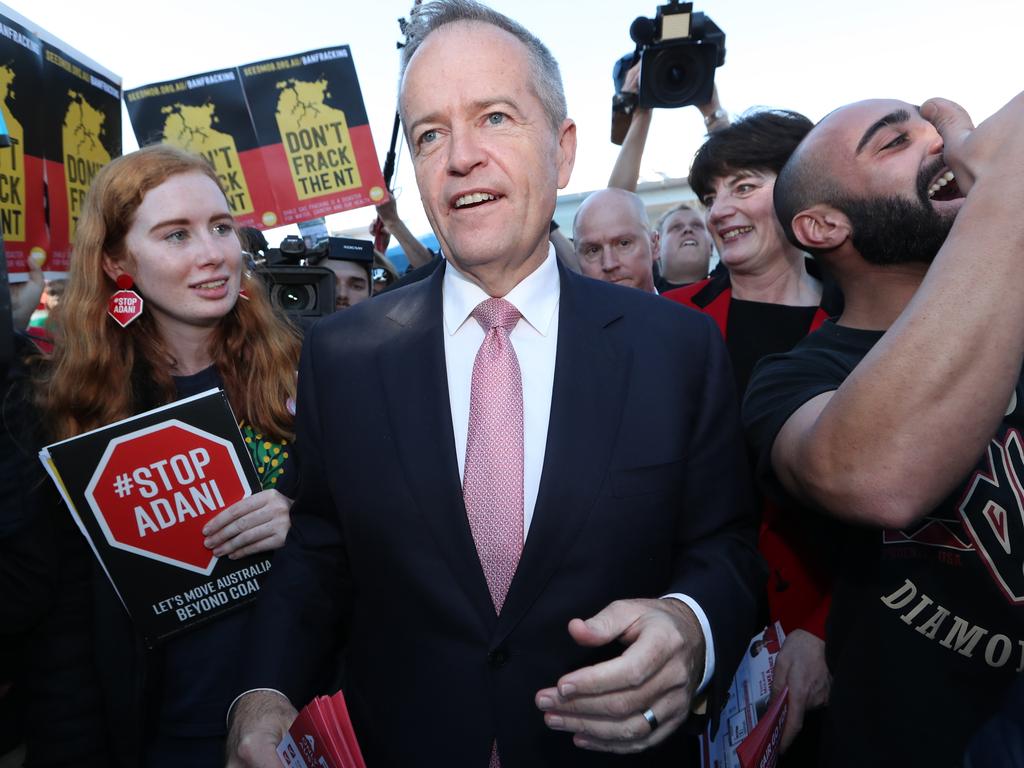
The Queensland Labor Premier, facing her own election next year, swiftly moved this week to declare “enough is enough” on Adani. After five years of delays, the final approvals are now being fast-tracked and work on the mine could start within weeks.
For federal Labor, re-positioning on climate change is about more than giving a tick to one coal mine.
Shadow Environment Minister Tony Burke has already suggested moving away from a market mechanism to a Green New Deal-style approach, which would be more similar to the government’s Direct Action.
Albanese is not attracted to this idea. He still prefers a market mechanism to give business certainty and isn’t running away from the fight for action on climate change.
How he manages to keep the faith with inner-urban Labor voters on climate change while winning back those who’ve abandoned the party in Queensland is unclear. This won’t be easy, even with a better salesman.
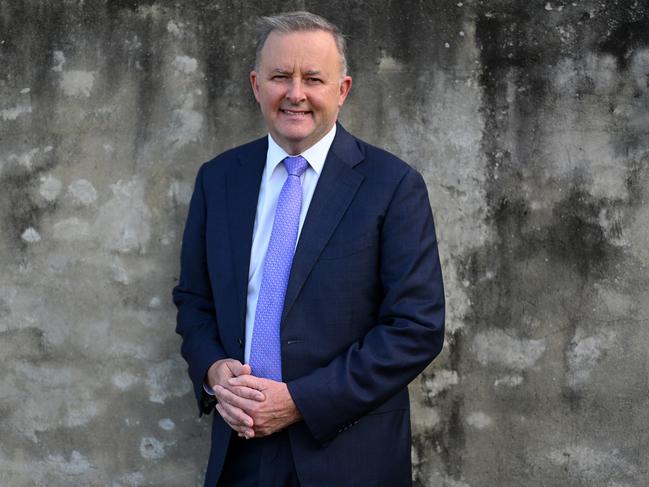
Nor is this problem solved for the Liberal Party either. For all the euphoria at the stunning election win, Liberals in Victoria point out they’ve just recorded their second lowest primary vote ever in that state.
They clung on to most of their seats, but there was a 2.1 per cent statewide swing against the Liberals and most are putting that down to climate change.
Both sides need to work out how to bridge the genuine and growing divide in Australia between the leafy suburbs and the regional towns.
The Coalition will hold a three-seat majority at best in the new parliament. This is certainly better than most expected, but no landslide and Scott Morrison knows it.
Bridging the geographic divide between the workers and the wealth in Australia will be the defining challenge of the 46th parliament.
Much changed this week within Labor, but the new leader’s work has only just begun.


